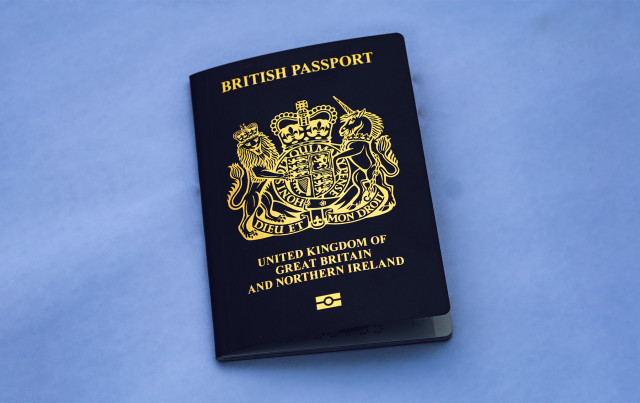- 18 July 2024
- Sam Taylor
- 5 min read
Post-Brexit essential European travel checklist


Travel has changed now we've left the EU. We’ve sifted through the rules to explain the passport, visa and EHIC rules for groups travelling to Europe now, and in the future.
We’ve sifted through the rules to explain the new EU passport, border and visa rules for group travel to Europe.
Before Brexit, British citizens could travel to EU countries on a passport right up to the point it expired. Now, each EU country sets its own entry rules relating to the validity of British passports.
For most EU countries—including France, Germany, Italy, Spain and Belgium—your passport:
To check the passport requirements for your specific destination visit the Foreign Office website.
Allow plenty of time to apply for a new passport if required.
Now we've left the EU, some countries have stopped accepting collective passports. To check the countries you can travel to, or through, on a collective passport click here.
New systems are being introduced for non-EU nationals travelling to Europe in 2024. Here's what you need to know about the proposed entry systems:
The upcoming Entry/Exit System (EES) will use self-service booths to collect the fingerprints and scan the faces of each traveller entering the EU. It is believed that the introduction of the new machines will be delayed from October 6 2024 to November 2024 at the earliest - avoiding the busy October half term holiday.
Six months later, the European Travel Information and Authorisation System (ETIAS) will be introduced for non EU citizens. ETIAS is a visa waiver scheme for UK citizens, similar to ESTA in the USA, which gives permission to enter the EU. The new online system is expected to cost €7 (free for under 18s) and be valid for 3 years. No official date has been announced for ETIAS but it is expected in Spring 2025.
The European Health Insurance Card (EHIC) gives holders access to state-provided emergency healthcare for free or reduced cost in the EU and Switzerland. The EHIC can help reduce out-of-pocket medical expenses in the event that someone falls ill or has an accident while on a school trip to EU.
The good news is that your European Health Insurance Card (EHIC) is still valid in the EU until it expires. You’ll be able to replace your EHIC with a GHIC (Global Health Insurance Card) up to 6 months before your current card expires.
Applying for a GHIC is free of charge on the NHS website. Beware of unofficial websites that charge you a fee to apply.
Whether or not you have a GHIC or EHIC, your group will need travel insurance to cover emergency healthcare costs.
The guarantee of free roaming throughout the EU ended on 1 January 2021. This means that if your operator has reintroduced roaming charges you may now be charged more for using your mobile device in the EU, Switzerland or Iceland.
Some EU countries currently offer their own visa exemptions for ‘third-country nationals’. You can find a country-by-country list of visa exemption schemes for other EU destinations on the European Commission website (under “2 exemptions Article 6(2)”).